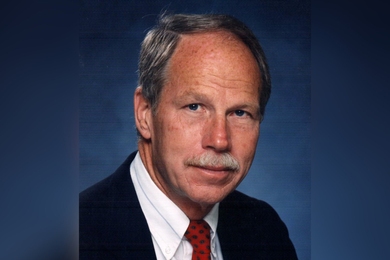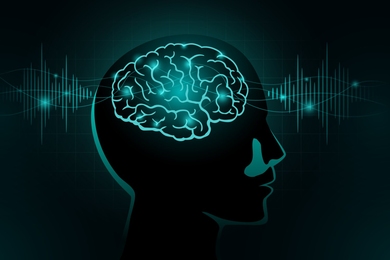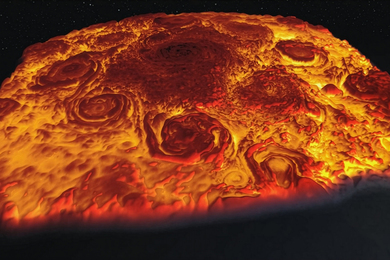The School of Science announced that eight of its faculty members have been appointed to named professorships.
The new appointments are:
Bonnie Berger, the Simons Professor in Mathematics in the Department of Mathematics: Berger's recent work focuses on designing algorithms to gain biological insights from advances in automated data collection and the subsequent large data sets drawn from them. She works on a diverse set of problems, including compressive genomics, network inference, structural bioinformatics, genomic privacy, and medical genomics. Additionally, she collaborates closely with biologists in order to design experiments to maximally leverage the power of computation for biological explorations.
James DiCarlo, the Peter de Florez Professor in the Department of Brain and Cognitive Sciences: DiCarlo uses a combination of large-scale neurophysiology, brain imaging, optogenetic methods, and high-throughput computational simulations to understand the neuronal mechanisms and fundamental computations that underlie our ability to recognize visual objects. He aims to use this understanding to inspire and develop new machine vision systems, to provide a basis for new neural prosthetics (brain-machine interfaces) to restore or augment lost senses, and to provide a foundation upon which the community can understand how high-level visual representation and perception is altered in human conditions such as autism and dyslexia.
Raffaele Ferrari, the Cecil and Ida Green Professor in Earth and Planetary Sciences in the Department of Earth, Atmospheric and Planetary Sciences: Ferrari studies the circulation of the ocean, its impact on present and past climates, and its role on shaping biological productivity. His group combines observations, theory and numerical models to investigate the physics and biology of the ocean from scales of centimeters to thousands of kilometers.
Timothy Grove, the Robert R. Shrock Professor of Earth and Planetary Sciences in the Department of Earth, Atmospheric and Planetary Sciences: Grove is a geologist interested in the processes that have led to the chemical evolution of the Earth and other planets including the moon, Mars, Mercury, and meteorite parent bodies. His approach to understanding planetary differentiation is to combine field, petrologic, and geochemical studies of igneous rocks with high pressure, high-temperature experimental petrology.
Timothy Jamison, the Robert R. Taylor Professor in the Department of Chemistry: Jamison’s primary research interest is in the assembly of molecules, using the development of new chemical reactions, catalysts, strategies of synthesis, and technologies for synthesis to support this aim. His research focuses on epoxide-opening cascades, nickel-catalyzed carbon-carbon bond formation, target-oriented synthesis, and continuous flow chemistry.
Dennis Kim, the Ivan R. Cottrell Professor of Immunology in the Department of Biology: Kim studies host-microbe interactions and evolutionarily conserved mechanisms of innate immunity in Caenorhabditis elegans. His research group uses molecular genetic methods in this simple animal host to study the influence of microbial environment on neuroendocrine signaling pathways at the nexus of organismal innate immunity, stress signaling, development, and aging.
Troy Littleton, the Menicon Professor in Neuroscience in the departments of Biology and Brain and Cognitive Sciences: Littleton works to understand the mechanisms by which neurons form synaptic connections, how synapses transmit information, and how synapses change during learning and memory, as well as how alterations in neuronal signaling underlie several neurological diseases, including epilepsy, autism and Huntington’s disease. Using Drosophila as a model, Littleton combines molecular biology, protein biochemistry, electrophysiology, and imaging approaches with Drosophila genetics, to investigate the mechanisms underlying synapse formation, function and plasticity.
Thomas Schwartz, the Boris Magasanik Professor in Biology in the Department of Biology: Schwartz works to understand how signals and molecules are transmitted between nucleus and cytoplasm across the nuclear envelope. Malfunctioning of nucleo-cytoplasmic communication leads to a wide range of prominent human diseases, including viral infections, neuromuscular diseases and many more. Using a diverse array of techniques, including structural, cell biological, and genetic methods, Schwartz aims to decipher the mechanism and structure of the cellular machinery that executes these cellular processes.






